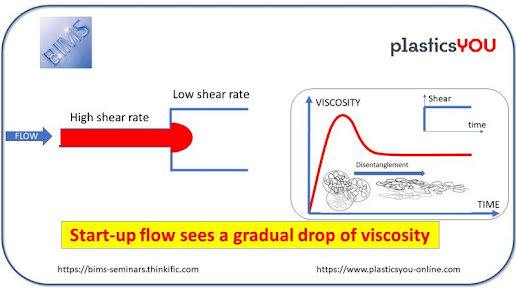Arkema Launches Polystrand®, a Range of Glass-reinforced Thermoplastic Tapes
To expand its current offer to the composites industry, Arkema is launching the Polystrand® range of products in Europe, featuring a full range of glass-reinforced thermoplastic tapes and prepregs. These high performance materials are giving access to lightweight, recyclable and structural composites, for the automotive, transportation, energy, consumer and construction markets.
Arkema is willing to bring ready-to-use materials to Composites molders, such as reactive thermoplastic resin for RTM and Infusion (Elium®), structural adhesives for composite-composite and metal-composite assembly (AEC Polymers®) and now thermoplastic tapes and prepregs for thermo-compression, thermo-stamping and lamination (Polystrand®).
Polystrand® tapes are continuous glass fibers impregnated by various polymers, such as polypropylene, polyamides and fluoropolymers. These tapes have outstanding properties in terms of stiffness, strength and impact resistance, as compared to traditional compounds. They can be laminated or laid up ply per ply in the load direction, in order to bring glass fiber properties where they are needed. The X-ply® prepregs are similar to impregnated fabrics but present the advantage of higher mechanical performances due to the absence of weave formation. These materials are already used in many applications in North America, for example in the automotive industry to reinforce front ends. Over-molding with short-fiber compound is possible to integrate functions to the composite part or to locally reinforce short-fiber composites. These continuous fiber materials bring endless opportunities to manufacture structural thermoplastic composite parts.
All these technologies and other Arkema Composites solutions will be displayed at the JEC Europe show, from March 10th to 12th 2015, in the Arkema booth (n° D41) and Polystrand booth (n° K4).
Source: Arkema
Arkema is willing to bring ready-to-use materials to Composites molders, such as reactive thermoplastic resin for RTM and Infusion (Elium®), structural adhesives for composite-composite and metal-composite assembly (AEC Polymers®) and now thermoplastic tapes and prepregs for thermo-compression, thermo-stamping and lamination (Polystrand®).
Polystrand® tapes are continuous glass fibers impregnated by various polymers, such as polypropylene, polyamides and fluoropolymers. These tapes have outstanding properties in terms of stiffness, strength and impact resistance, as compared to traditional compounds. They can be laminated or laid up ply per ply in the load direction, in order to bring glass fiber properties where they are needed. The X-ply® prepregs are similar to impregnated fabrics but present the advantage of higher mechanical performances due to the absence of weave formation. These materials are already used in many applications in North America, for example in the automotive industry to reinforce front ends. Over-molding with short-fiber compound is possible to integrate functions to the composite part or to locally reinforce short-fiber composites. These continuous fiber materials bring endless opportunities to manufacture structural thermoplastic composite parts.
All these technologies and other Arkema Composites solutions will be displayed at the JEC Europe show, from March 10th to 12th 2015, in the Arkema booth (n° D41) and Polystrand booth (n° K4).
Source: Arkema


Comments
Post a Comment